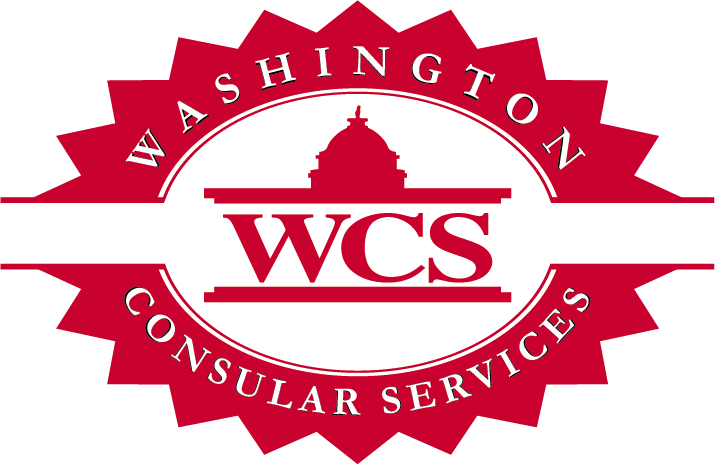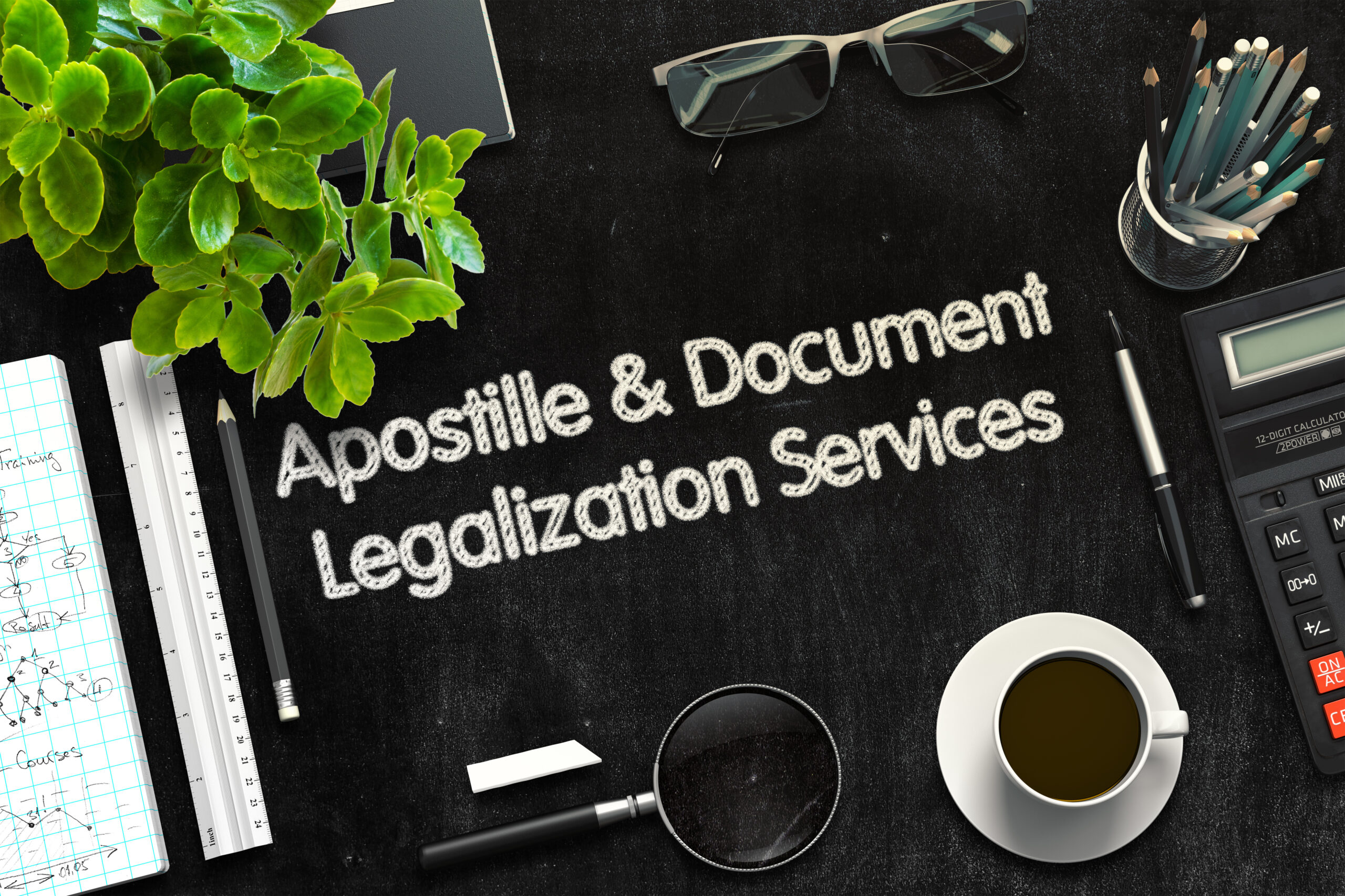In our industry, some terms are used as if they are interchangeable. For example, “apostille” vs. “authentication.” However, when it comes to document apostille and/or legalization, using the proper term not only ensures clarity, it ensures that your documents will not be rejected by the Embassy before it even gets to the destination country.
Bottom Line: If you request an “apostille,” the regulatory agency is going to give you an apostille, even if that’s not what you need!
We often hear our clients ask for an “apostille” of a document. But what does “apostille” mean and when is it applicable to the document legalization process? And, when can using the term “apostille” incorrectly cause a problem?
Apostille Definition
First, what is an “apostille?” An apostille is a certificate that authenticates the origin of a public document. The word “apostille” is a French origin and is derived from the old French word “postille” which means “annotation.” I am sure this is more than you needed to know.
In any event, all signatory countries to the 1961 Hague Convention Abolishing the Requirement of Legalization for Foreign Public Documents have agreed to accept an “apostilled” document from all other signatory countries. In the document legalization business, these are the “Hague” countries.
When You Use Apostille
So, if you need to use a non-federal document in a Hague Convention country, no problem. All Hague countries accept the apostille certification from all US states. So, just send the document to WCS and we can get the apostille from the Maryland Secretary of State (NOTE: However, all personal documents such as birth certificates, marriage certificates, divorce decrees, and death certificates must be apostilled in the state of origin).
What about Federal documents? If you need to use a Federal document in a Hague Convention country, just send the original document to WCS and we can get it apostilled at the U.S. Department of State. So far, so good.
When To Not Request An Apostille
Ah, but what if the destination country is not a signatory to the Hague Convention? These are the “Non-Hague” countries. Now things change. This time your document is going to be “authenticated”, which is a lot like an apostille, but is not an apostille.
So, here’s the problem. Many people mistakenly ask that their Non-Hague document get “apostilled.” Of course, if you make that request to us, we will alert you to the incorrect terminology. For Non-Hague countries, the document must go to the state Secretary of State before it gets “authenticated” from the U.S. State Department. But, if you send your document to your local Secretary of State (or use a service) and request an “apostille”, you will get exactly what you ask for. The Secretary of State will simply apostille the document and send it back to you. And, then when you send the incorrectly apostilled document to the U.S. State Department, it will be rejected.
Oh, and just to make it a bit more challenging…if your document is coming from California or Oregon, the Secretary of State will only apostille (not “authenticate”) the document, so you would be asking for an apostille from those 2 states irrespective of the destination country. The U.S. State Department makes exceptions for those 2 states!
Confused? Ok, we understand. Not Confused? Great. We could hire you!
Here’s a simple rule of thumb:
- If your document is going to a Hague convention country: We can get it apostilled for you!
- If your document is going to a Non-Hague convention country: We can get it authenticated for you!
Here’s a simpler rule of thumb: Just call us. We’ll make sure you only get an apostille when you need one!

